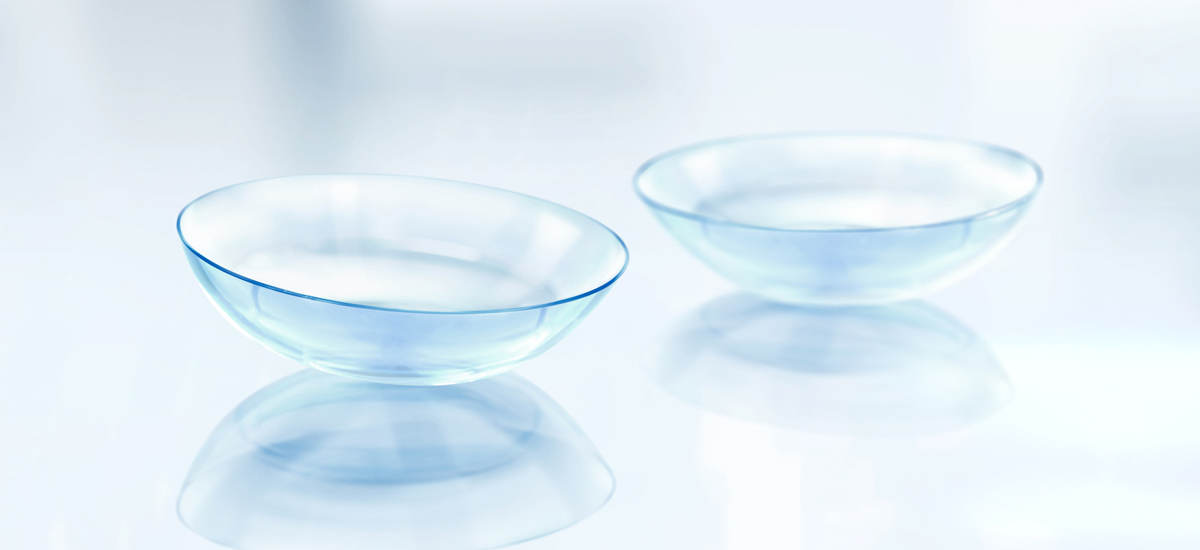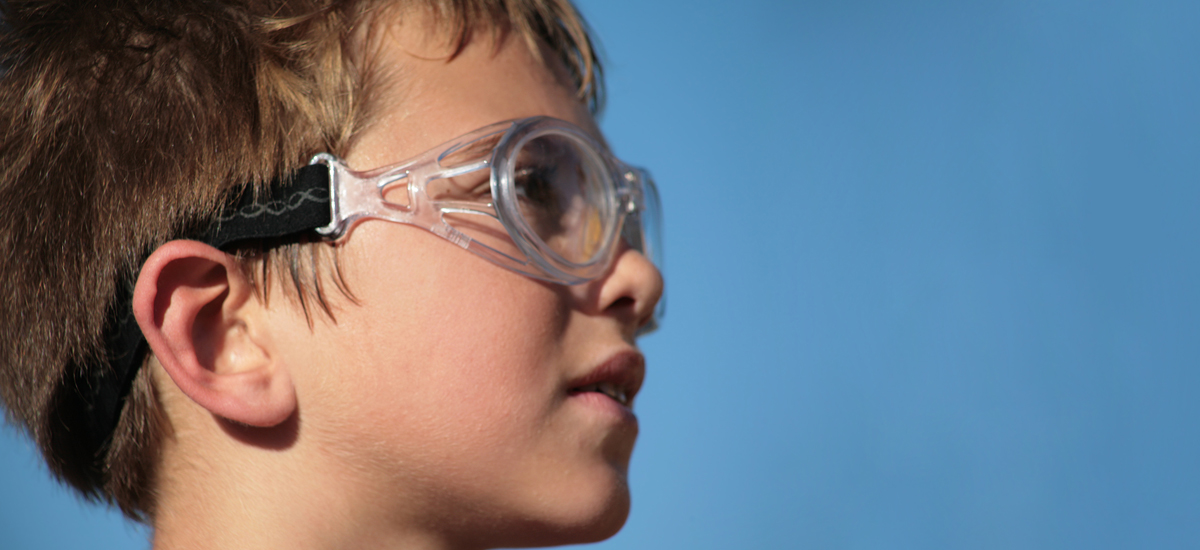Are Bifocal Contact Lenses for Astigmatism?

According to the American Optometric Association, astigmatism is one of the most common refractive errors. It happens when your cornea or eye lens has an abnormal shape or curve, keeping light from fixating on your retina.
Those with astigmatism can face symptoms such as blurry vision, eye irritation, and headaches. This visual condition is often genetic and can progress throughout your life, even as young as infancy.
The way to know if you have astigmatism is to attend a comprehensive eye exam with an eye doctor near you. At the end of your appointment, the optometrist will recommend specific glasses or contacts to benefit your symptoms.
If you’re wondering about the best contacts for this refractive error and whether bifocal contact lenses for astigmatism exist, keep reading. We’re here to answer this question and more.
What are bifocal contact lenses?
Before you can understand the best contact lenses for astigmatism, explaining bifocal contact lenses is integral. Bifocal contacts work in the same way that bifocal glasses do by allowing you to adjust your focus to near or far based on the part of the lens you’re looking through.
This type of eyewear is often prescribed for presbyopia symptoms. Presbyopia, a condition that affects the eyes of those over age 40, is unavoidable and causes nearby visuals to appear blurry. It can also enhance the symptoms of other eye issues, such as astigmatism, farsightedness, and nearsightedness.
At your eye appointment, the eye doctor will suggest the best lenses based on your eyes and prescription. Depending on your age and general eye condition, the contact lenses they recommend for astigmatism can vary.
Are bifocal contact lenses for astigmatism?
The best contacts for astigmatism are toric multifocal lenses. This is a type of soft bifocal contact lens, and just as it helps correct astigmatism symptoms, it assists with presbyopia, too.
Bifocal contact lenses are suitable for astigmatism because they can clear up your vision at multiple distances, which is helpful as people with astigmatism often have another refractive error, such as farsightedness or nearsightedness, as well.
Toric contacts have a different shape than a standard sphere lens. They use your natural eye motion and gravity to reduce the visual distortion of astigmatism. Our eye care team is happy to recommend the best toric multifocal contact lenses to help with your refractive issues.
Just remember that even if you get toric multifocal lenses or other contacts for astigmatism, it’s good to have a back-up pair of glasses on hand. In some cases, such as when you’re reading or doing other close-up work, you might prefer wearing glasses instead of contacts.
Why? Working on a computer or reading small text for long periods can prevent you from blinking as often as you should, which can dry out your contacts. (Also, anytime you spend a lot of time on the computer, we suggest wearing blue-light glasses to reduce the effect of blue light on your eyes.)
Summary: Do bifocal contacts help with astigmatism?
Yes, bifocal contact lenses for astigmatism do exist and help with your symptoms. However, while they’re a form of multifocal lenses, they’re not called traditional bifocals. The best contact lenses for astigmatism are toric multifocal lenses, a soft bifocal lens that works with your eye to correct the visual distortions you’re used to seeing.
No matter the type of lens you select and what your eye doctor recommends, we suggest getting a pair of specs, too. This can ensure that if your eyes need a break from contacts, you have the necessary back-up eyewear.
Time to purchase contact lenses?
Browse our selection of top contact lens brands. We carry daily, weekly and monthly disposables, multifocal and more. Visit your local For Eyes or shop online in just a few clicks.











